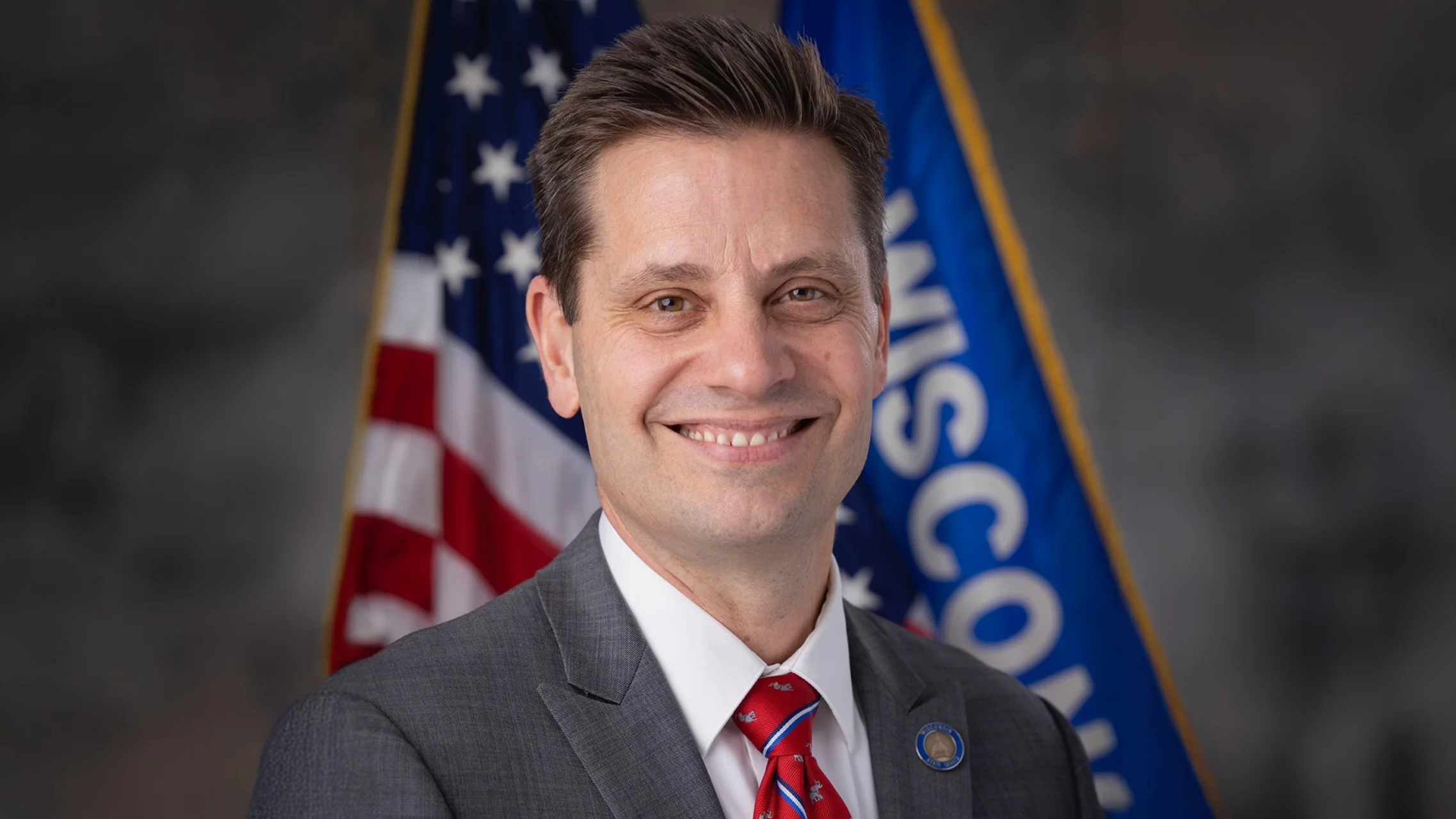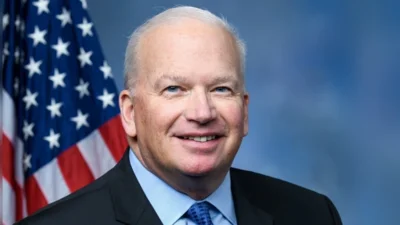Christopher Lee Kapenga President of the Wisconsin Senate | Official Website
Christopher Lee Kapenga President of the Wisconsin Senate | Official Website
According to the Wisconsin State Legislature's official website, the bill was described as follows: "the use of artificial intelligence or other machine assisted translation in court proceedings and of telephone or live audiovisual interpretation in criminal trials. (FE)".
The following is our breakdown, based on the actual bill text, and may include interpretation to clarify its provisions.
In essence, this bill allows the use of artificial intelligence or machine-assisted translation, alongside or as a replacement for human interpreters, in various Wisconsin court proceedings, which includes civil, criminal, municipal, and administrative contested cases. It permits interpreters to work remotely through telephone or live audiovisual means in criminal trials, a change from current regulations that restricted remote interpretation to non-trial settings. The implementation of machine translation is permitted without requiring a waiver under specified conditions. The bill's provisions reflect an intention to modernize and potentially streamline language interpretation in judicial processes by incorporating advanced technology.
The bill was co-authored by Representative Dave Maxey (Republican-83rd District). It was co-sponsored by Representative Scott Allen (Republican-82nd District), Representative David Armstrong (Republican-67th District), and Representative Elijah R. Behnke (Republican-6th District), along 15 other co-sponsors.
Chris Kapenga has authored or co-authored another 23 bills since the beginning of the 2025 session, with none of them being enacted.
Kapenga graduated from Calvin College in 1994 with a BA.
Kapenga, a Republican, was elected to the Wisconsin State Senate in 2015 to represent the state's 33rd Senate district, replacing previous state senator Paul Farrow.
In Wisconsin, the legislative process starts when a senator, constituent, group, or agency proposes an idea for a bill. After drafting, the bill is introduced, numbered, and referred to a committee for review and public input. If approved, it moves through three readings and votes in both the Senate and Assembly. Once both chambers pass the same version, the bill goes to the governor, who can sign it, veto it, or let it become law without a signature. Only a small share of bills introduced each session ultimately become law. You can learn more about the Wisconsin legislative process here.
| Bill Number | Date Introduced | Short Description |
|---|---|---|
| SB295 | 05/30/2025 | The use of artificial intelligence or other machine assisted translation in court proceedings and of telephone or live audiovisual interpretation in criminal trials. (FE) |
| SB242 | 05/09/2025 | Required ratio of journeyworkers to apprentices in apprenticeship programs and contracts |
| SB157 | 03/27/2025 | Prohibiting gender transition medical intervention for individuals under 18 years of age |
| SB154 | 03/21/2025 | Requiring the Department of Health Services to seek any necessary waiver to prohibit the purchase of candy or soft drinks with FoodShare benefits. (FE) |
| SB81 | 02/26/2025 | School district operating referenda |






 Alerts Sign-up
Alerts Sign-up